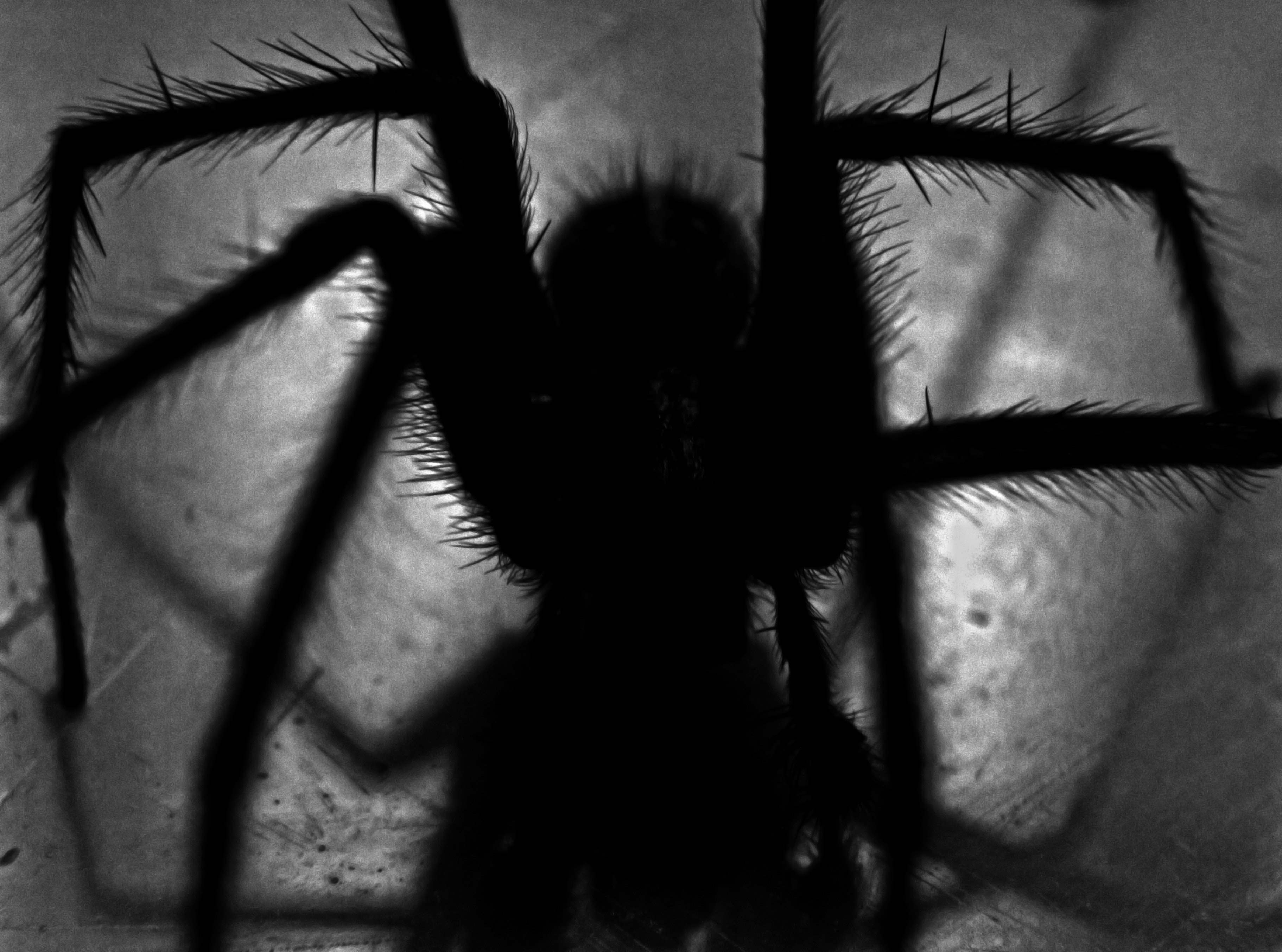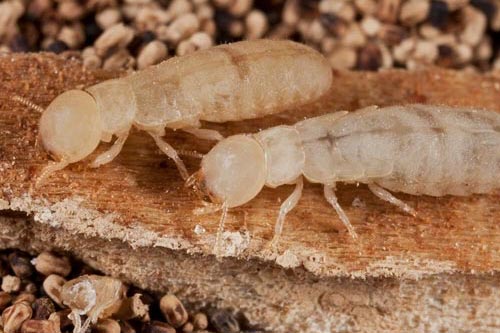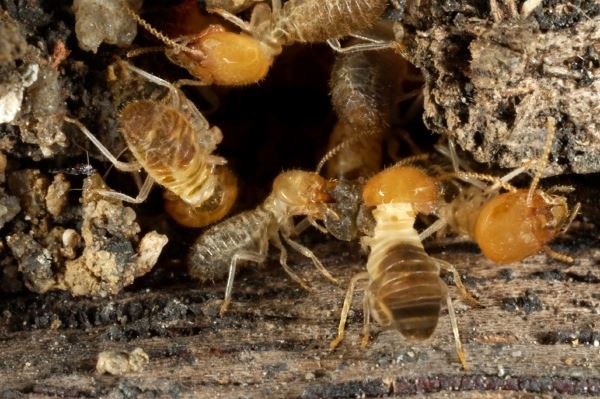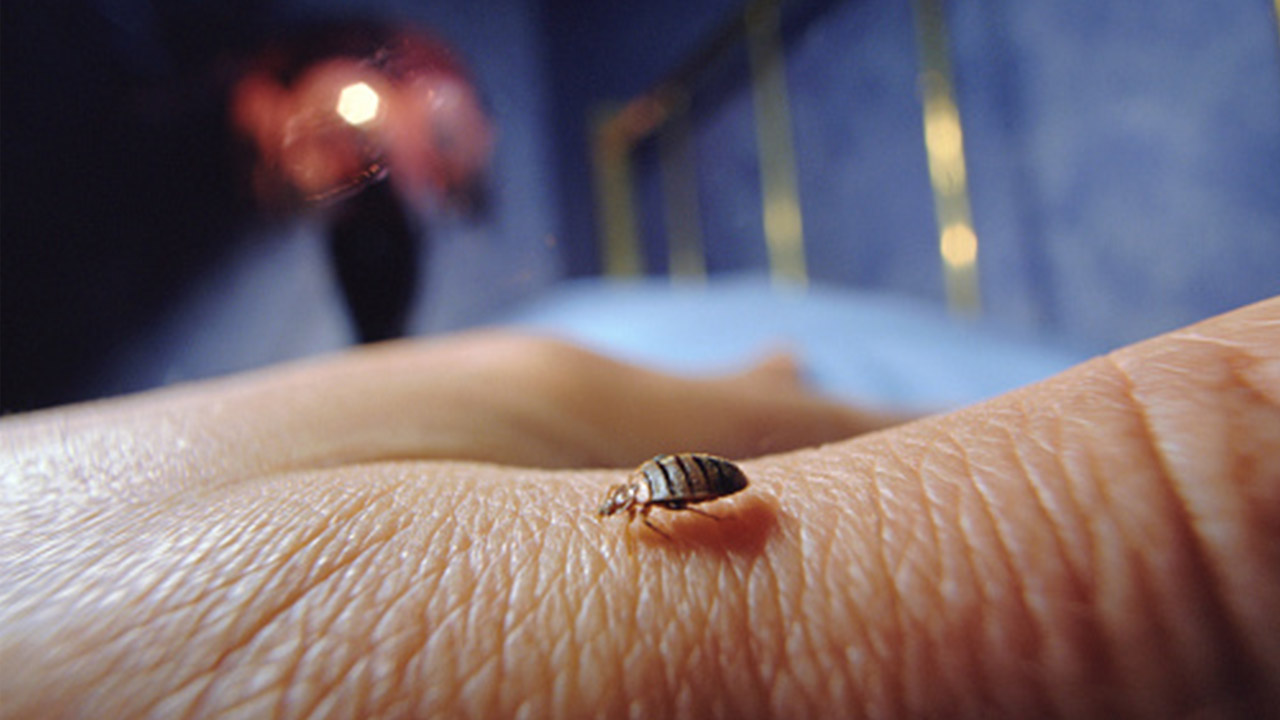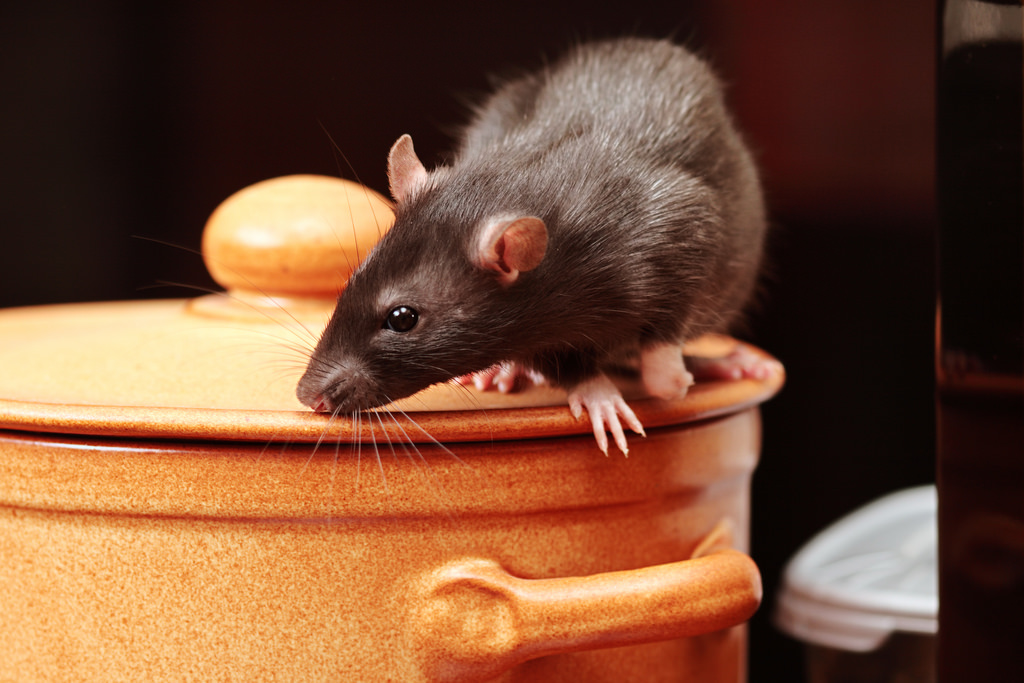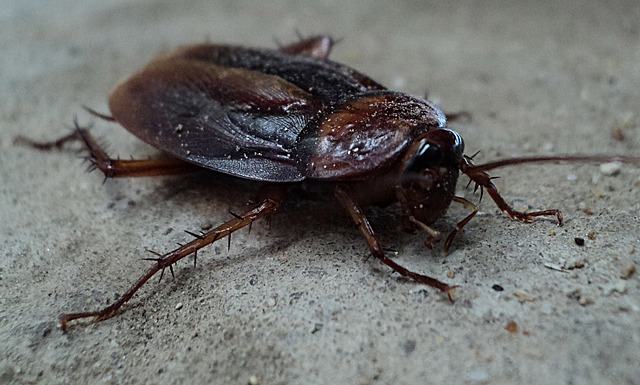Pests of the Dark
What Dwells Below?
There are inevitably pests in your house or apartment, and so long as you keep everything neat and tidy, they should all be very manageable and not something that bothers your day-to-day activities.
But if you live in a house and have a basement, a handful of bugs and vermin would prefer to make their homes there rather than in your living room or even kitchen.
It’s darker and damper, and more accessible for pests that come in to your house via pipes and drains or bugs that are on the ground and slip through the cracks and foundations. Absent a regular human occupant, it’s also more peaceful for them.
In this post, we’re going to be talking about some of the pests you’ll readily find in your basement, and what you can do to keep them out.
Rats
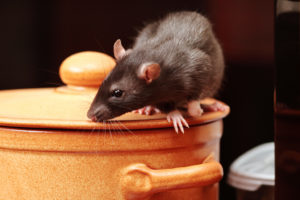
While mice and rats like grooming themselves, they’re also carriers of diseases like leptospirosis. If you find them in your basement, setting traps would be the more humane way of dealing with them – while it may seem like the more brutal option, sticky paper would actually mean a slow death for them and leaving poison for them means you may not readily find their bodies to dispose of them quickly and safely.
Spiders
Most spiders you see in basements are harmless, and are in fact good for you since they eat a lot of other peskier bugs you’ll find in your home (cockroaches, flies, mosquitoes and more) and if anything, you may just want to clear out their cobwebs.
However, there are 2 dangerous spiders you may want to keep an eye out for – the Brown Recluse and the Black Widow.
You can tell a Brown Recluse by its color and telltale violin-shaped mark on its body, and a Black Widow is a shiny black with a red mark below its abdomen. While they’re shy and are generally non-aggressive, their venom is toxic to humans and very painful so if you see one, consider getting rid of them carefully or call a pest control services provider ((you wouldn’t want to be down there and not notice you’re about to come into contact with one!).
Earwigs
Despite the name, Earwigs no more crawl in to your ears than any other small insect might. While they have pincers, they usually lack the force to break skin and are considered harmless. Like spiders, they spend their time hunting pests that are more problematic for you.
Centipedes
While they may look like they crawled their way out from the bowels of hell itself, centipedes typically do their best to stay out of your way and only really bite you if you pick them up. Like spiders and earwigs, they show their gratitude for your hospitality by hunting other pests for you.
Cockroaches
Unlike most of the others on this list, there are no benefits to having cockroaches in your house. Like rats, they’re carriers of bacteria and disease, and will happily propagate it wherever their tiny and frightening spiked legs carry them.
To get rid of roaches, regularly clean your basement (and house, of course), and make sure there aren’t any readily available food sources for them like trash. Some cockroaches do eat common household items like toothpaste and soap, so if you have any in your basement, keep them in proper containers.
Also get rid of unnecessary boxes or other storage containers bugs can crawl into and hide (consider using tin or plastic containers) and consider investing in a portable humidifier if you don’t have one yet.
It has a lot of respiratory benefits and helps dry skin, and helps prevent dampness thereby helping to keep pests (and mold) away!
For any pest infestation, don’t hesitate to reach out to a professional pest control company Serving greater Phoenix AZ with quality pest control services.
Author Bio: Dane Kolbaba is an owner at WatchdogPestControl.com. He resides in Chandler, Arizona with his wife and four furry friends. He has a passion for helping others and enjoys surrounding himself with interesting and motivating people.

